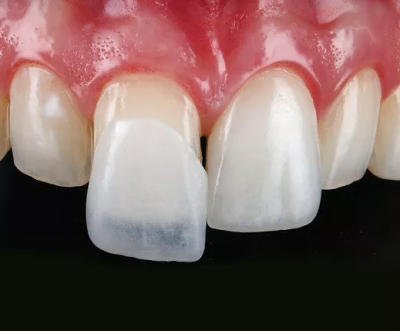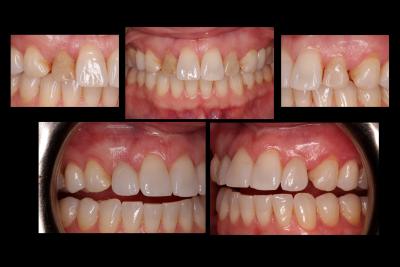Porcelain Dental Veneers in London at Stanhope Place Dental Practice
Transform your smile with Porcelain Dental Veneers in London. Located in the heart of Marble Arch, W2, our practice offers top-tier cosmetic dentistry services tailored to enhance your confidence and aesthetic appeal.
What are dental veneers?
Porcelain veneers are thin shells of medical-grade ceramic that are bonded to the front surfaces of your teeth. They are designed to cover imperfections such as chips, cracks, gaps, and discolouration, providing a natural and long-lasting solution for a beautiful smile.

Benefits of Porcelain Veneers
- Natural Appearance: Our veneers mimic the light-reflecting properties of natural teeth.
- Durability: With proper care, porcelain veneers can last many years.
- Stain Resistance: Unlike natural teeth, veneers are highly resistant to stains from coffee, tea, and smoking.
The Porcelain Veneers Procedure
The Porcelain Veneers Procedure involves several key steps to ensure you achieve the perfect smile:
- Initial Consultation: During this session, we assess your suitability for veneers and discuss your desired outcome.
- Tooth Preparation: A small amount of enamel is removed from the front surface of the teeth to make room for the veneers.
- Impressions: Precise moulds of your teeth are taken to create the perfect fit for your custom veneers.
-
Temporization: Temporary veneers are placed on your prepared teeth to protect them while your custom veneers are being fabricated. These temporary veneers help you maintain functionality and aesthetics during the waiting period.
- Custom Veneer Fabrication: Your bespoke veneers are crafted in a dental laboratory, tailored to match your natural teeth in colour, shape, and size.
- Bonding: Once your custom veneers are ready, they are carefully bonded to your teeth. Final adjustments are made to ensure a ideal fit and natural appearance.
By following this detailed and patient-focused procedure, we ensure that your Porcelain Veneers not only enhance your smile but also feel comfortable and natural.

Why Choose Us for Your Smile Makeover with Veneers?
Choosing Stanhope Place Dental Practice for your Smile Makeover with Veneers ensures:
- Experienced dentist: Dr Pourkavoos has been providing dental veneers since 1990.
- Safe Environment: We ensure a safe environment by thoroughly disinfecting our treatment rooms between patients, following strict cross-infection control protocols.
- Personalised Care: We provide a tailored approach to meet your unique needs and ensure the best possible outcome.
Ready to Transform Your Smile?
Book your Porcelain Dental Veneers consultation today and take the first step towards a brighter, more confident smile.
Contact us at 020 7724 7440 or info@stanhopeplace.com.
Alternatively, use the online booking button at the top or bottom of this page to schedule a consultation.
10 Stanhope Place | Marble Arch
W2 2HH London | 020 7724 7440
info@stanhopeplace.com
